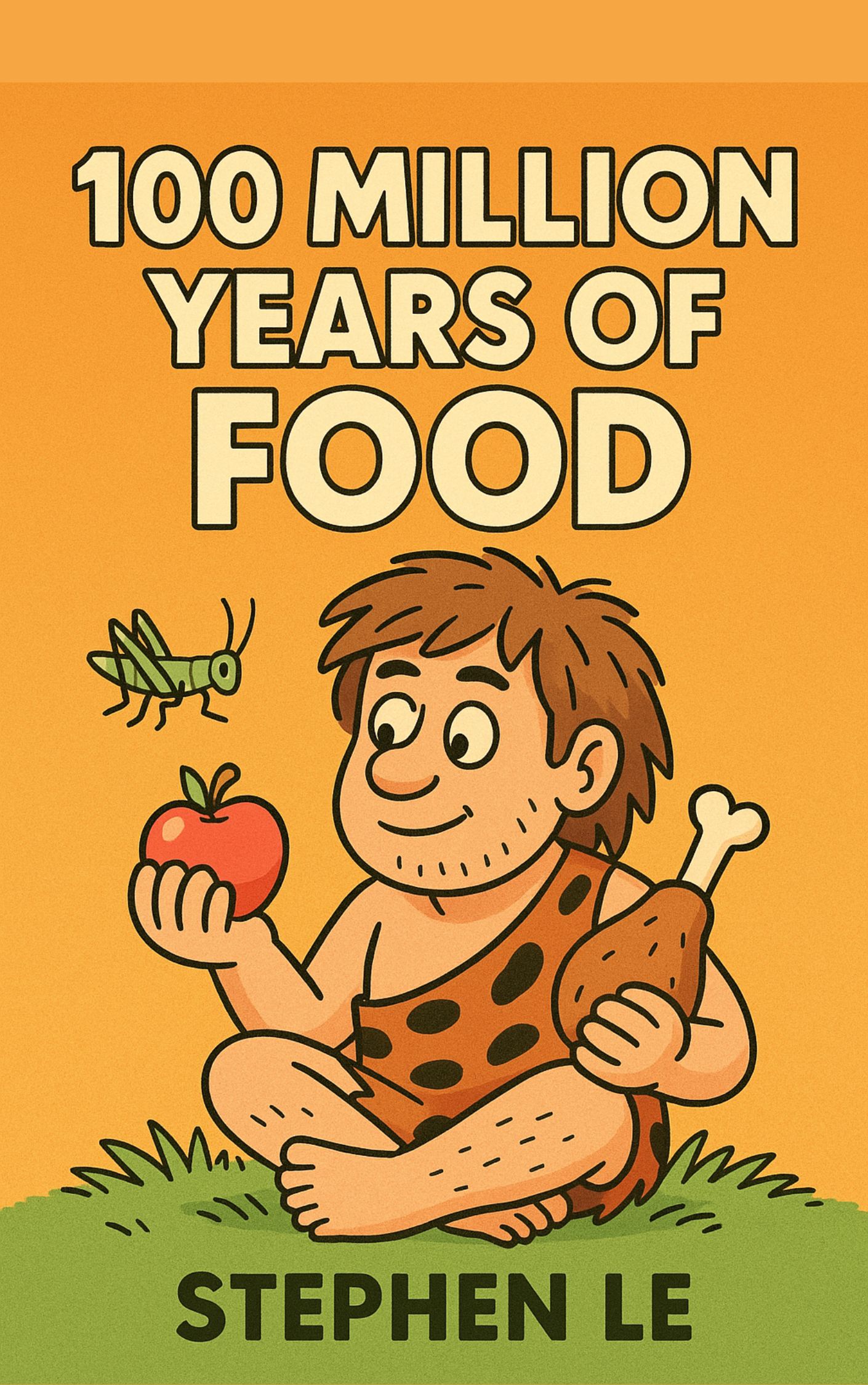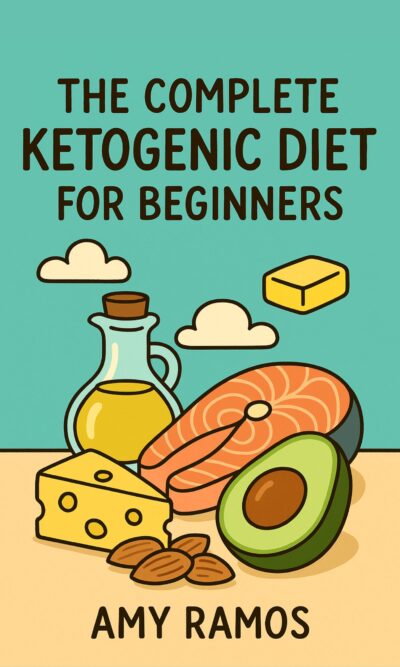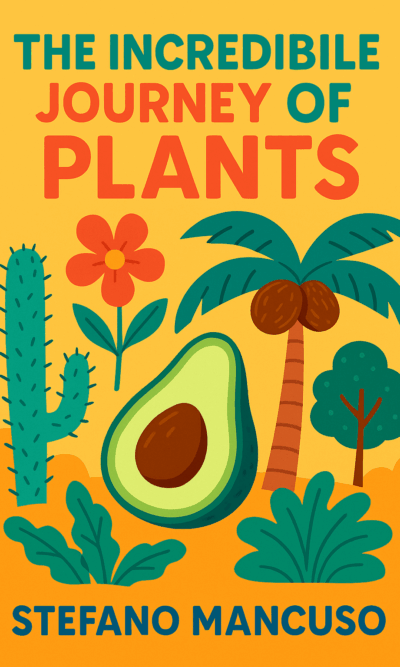Description
Humans have a long and complex history with food, and the way we eat today is very different from how our earliest ancestors ate. In the modern world, diet-related diseases like obesity, diabetes, food allergies, and some cancers are more common than ever. To understand why, it helps to look back through millions of years of evolution and see how our diets changed over time.
The earliest human ancestors, living around 100 million years ago, lived in tropical forests and ate mostly insects. Insects are rich in vitamins, iron, and calories, and they were a major part of survival. While insects could still be a healthy food today, we no longer have the enzymes to digest some parts of them, and they can also carry toxins. Eating them in moderation, however, could help the planet since they require far fewer resources than livestock.
As the climate changed, fruit-bearing trees appeared. Our ancestors adapted by eating more fruit, which gave them vitamin C, something their bodies could no longer produce. But eating too much fruit can cause problems, like insulin resistance. A modern example is when actor Ashton Kutcher tried a fruit-only diet and ended up in the hospital with pancreas trouble.
A big turning point came about two million years ago when humans moved out of the trees, hunted more, and started eating more meat. Meat provided fatty acids that fueled rapid brain growth, helping humans become smarter and more capable hunters. However, too much meat can lead to health problems like high cholesterol and toxic nitrogen compounds from excess protein. Meat has benefits and risks, and balance is key.
Some groups turned to fish or dairy as alternatives. Fish is packed with omega-3s and vitamin D, but cultural beliefs kept some communities from eating it. Dairy brought nutrition and calcium, but it also had drawbacks. In some populations, too much calcium can be harmful, and high dairy intake is linked to more hip fractures in taller nations.
Surprisingly, humans didn’t always rely heavily on plants. Many plants defend themselves with natural toxins, and some can make us sick. Beans, lentils, and cucumbers, for example, can contain harmful substances in the wild. Agriculture started about 12,000 years ago, mainly because large animals like mammoths disappeared, and plants became a more reliable food source.
The invention of food processing brought new problems. Diseases like beriberi and pellagra emerged when polished rice and industrial corn removed important vitamins from diets. Modern allergies and asthma may be linked to spending too much time indoors, reducing vitamin D, or being too clean in childhood, which limits the immune system’s training.
When it comes to calories and weight, things are more complicated than they seem. Being slightly overweight can sometimes protect health, especially during illness. Caloric intake alone doesn’t explain body weight, as hunter-gatherers eat similar amounts to modern Americans yet stay slimmer due to seasonal eating patterns. The type of food matters far more than simply counting calories.
Everyone’s dietary needs are different. Age, heritage, and health all influence what’s good or bad for you. For example, moderate alcohol may help heart health in older adults but is riskier for some genetic groups. Likewise, meat can help older women stay strong, even though it might increase cancer risks in younger girls.
Finally, eating should be about more than just nutrition. In the past, hunting and eating were communal activities that built stronger bonds. Today, we can bring back that spirit by sharing meals, creating pay-what-you-can restaurants, or simply eating more often with others.
Looking at our history, there’s no single perfect diet for everyone. But there are lessons we can take: avoid overprocessing food, eat a variety of natural ingredients, stay active, and value food as a way to connect with others. Small changes, like walking more or eating with friends, can make a big difference for both health and happiness.





